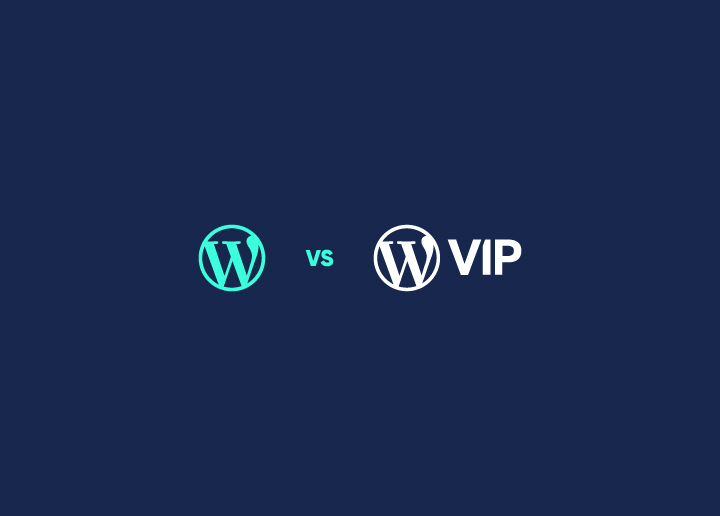Choosing the right web hosting solution is a pivotal decision that can influence the performance, security, and scalability of your website. Among the various options available, shared hosting and dedicated hosting are two prominent choices, each offering distinct advantages and limitations. To make an informed decision, it’s essential to understand the differences between shared and dedicated hosting, explore the benefits of shared and dedicated hosting, and assess how to choose between the two.
Shared vs. Dedicated Hosting
Shared hosting and dedicated hosting represent two different approaches to managing server resources and providing website services.
What is Shared Hosting?
In shared hosting, multiple websites reside on a single server. This setup means that all the websites share the server’s resources, including CPU, RAM, and storage. It’s akin to renting a room in a shared apartment where you have to share common amenities with others.
Benefits of Shared Hosting
- Cost-Effective: One of the primary benefits of shared hosting is its affordability. Since the cost of server maintenance is distributed among many users, it results in lower prices for individual customers. This is an excellent option for startups and small businesses with limited budgets.
- Ease of Use: Shared hosting plans often come with user-friendly control panels and one-click installation tools, making them accessible for beginners who may not have extensive technical knowledge.
- Maintenance-Free: The hosting provider manages the server’s maintenance, updates, and security. This means that users can focus on their websites without worrying about server management tasks.
Limitations of Shared Hosting
- Resource Limitations: Sharing server resources means that your website’s performance can be affected by the activity of other websites on the same server. If one site experiences a surge in traffic, it can impact the speed and reliability of others.
- Limited Customization: Because you’re sharing a server, you may have less control over server configurations and software installations. This can be restrictive if your site requires specific settings or applications.
- Security Risks: Shared servers have more potential security risks since vulnerabilities in one site could potentially affect others on the same server.
What is Dedicated Hosting?
Dedicated hosting provides an entire server dedicated solely to your website. This is comparable to owning a private house rather than renting a room in an apartment. With dedicated hosting, all the server’s resources are yours to use exclusively.
Benefits of Dedicated Hosting
- Enhanced Performance: With a dedicated server, you’re not sharing resources with other websites. This results in superior performance, faster load times, and greater reliability, especially during high-traffic periods.
- Complete Control: Dedicated hosting offers full control over server configurations, including the operating system, software, and security settings. This level of customization is ideal for websites with specific needs or advanced technical requirements.
- Increased Security: The exclusive use of a server reduces the risk of security breaches that can occur in a shared environment. Dedicated servers often come with advanced security features and dedicated support to safeguard your data.
- Scalability: Dedicated servers can be easily scaled to accommodate growing traffic and increased resource demands, making them suitable for larger websites and applications.
Limitations of Dedicated Hosting
- Higher Cost: The most significant drawback of dedicated hosting is the cost. With exclusive use of the server, the expenses for maintenance, hardware, and support are higher. This makes it less accessible for smaller businesses or personal websites.
- Complex Management: While dedicated hosting offers complete control, it also requires a higher level of technical expertise. Managing a dedicated server involves tasks such as server configuration, software updates, and security management.
- Maintenance Responsibility: Depending on the hosting plan, you may be responsible for server maintenance, backups, and security. This can be time-consuming and may require additional technical support.
Choosing Between Shared and Dedicated Hosting
When deciding between shared and dedicated hosting, consider the following factors:
- Website Size and Traffic: For small to medium-sized websites with moderate traffic, shared hosting often suffices. However, if you run a large website or anticipate high traffic, dedicated hosting can provide the performance and reliability you need.
- Budget: If budget constraints are a significant factor, shared hosting offers a more economical solution. For businesses that can invest in superior performance and control, dedicated hosting provides long-term benefits despite the higher cost.
- Technical Expertise: If you lack technical expertise or prefer not to manage server configurations, shared hosting is a practical choice. For those with the technical know-how or the resources to hire technical support, dedicated hosting allows for more customization and control.
- Security Needs: If your website handles sensitive information or requires robust security measures, dedicated hosting provides enhanced security features compared to shared environments.
Conclusion
Understanding the nuances of shared vs. dedicated hosting can help you select the best hosting solution for your needs. Shared hosting offers affordability and ease of use, making it ideal for smaller websites and beginners. On the other hand, dedicated hosting provides superior performance, control, and security, catering to larger websites and businesses with specific requirements. By evaluating your website’s needs, budget, and technical expertise, you can make an informed choice between these two hosting options.





More Stories
The Pros and Cons of Managed vs. Unmanaged Hosting
The Benefits of Cloud Hosting for Modern Websites
How to Make the Most of Your Hosting Features